How to Get Into Google Shopping Graph: A Complete Guide for Sellers
Google's shopping Graphic remains an AI-powered, real-time product discovery engine that connects shoppers with relevant products across various Google platforms, including images, YouTube, Maps, and Search.
Designed to help users with a smarter and more linked retail experience, the shopping graph displays billions of product listings from retailers and sellers worldwide.
If you're an eCommerce seller in 2025, knowing how to get into Google Shopping Graph is essential, and that's what this post is all about. This guide will introduce all the details about the Google Shopping Graph 2025.
Part 1: What's the Update of Google Shopping Graph in 2025?
By incorporating real-time data pipelines, AI personalization through increased cross-platform exposure, and Gemini AI, Google has undoubtedly improved the shopping graph in 2025. This upgrade remains more than cosmetic as it represents Google's deepening investment in making e-commerce look more accurate, faster, and wiser.
Key 2025 Updates on Google Shopping Graph
1. Merchant Center Next
A revamped Google Merchant version is designed for easier onboarding, direct integration, and flexible feeds with platforms like WooCommerce and Shopify.
2. Expansion of the Data Inputs
The graphic now tends to integrate more sources, including product availability, real-time pricing changes, influencer insights, and social reviews.
3. Stronger AI Integration
Gemini AI tends to play a larger role in personalizing shopping experiences, surfacing better matches, and understanding intent.
Where Google Shopping Graphics obtains its data
- It gets the data from the Google merchant Center feeds like prices, availability, images, and product titles etc.
- Google could also visit the structured data markup on the product pages to collect the data.
- Retailer websites like Google's AI crawlers also help the Google Shopping graphic collect data.
Part 2: The Importance of Inclusion in Google Shopping Graph
Apart from learning how to use Google Shopping Graph, it is equally essential to know the importance of shopping graph optimisation in e-commerce.
1. AI-driven Exposure across Different Platforms
The shopping graph tends to work closely with Google's AI systems, allowing you to surface products organically on platforms like Discover, YouTube, Google Lens, and Google Search.
2. Real-time product updates bring higher accuracy and trust
Getting into the shopping graph implies that your availability, pricing, and inventory are updated in real time, reducing the bonus rates from outdated listings and boosting trust.
3. Smarter Recommendations with Integrated Gemini AI
Google uses a sophisticated algorithm to personalize product recommendations when integrating Gemini AI into the shopping experience, boosting conversion rates and product visibility.
Part 3: How to Get Your Products Listed in Google Shopping Graph in 2025
You can learn how to get into the Google shopping graph by looking at the instructions below.
1. Set Up Google Merchant Centre Next
You can start the proceedings by upgrading or creating to the Google Merchant Center Next which will simplify the product onboarding with the visual product previews, WooCommerce support, Shopify, simplified reporting and diagnostics, and automatic item updates through crawling or structured data.
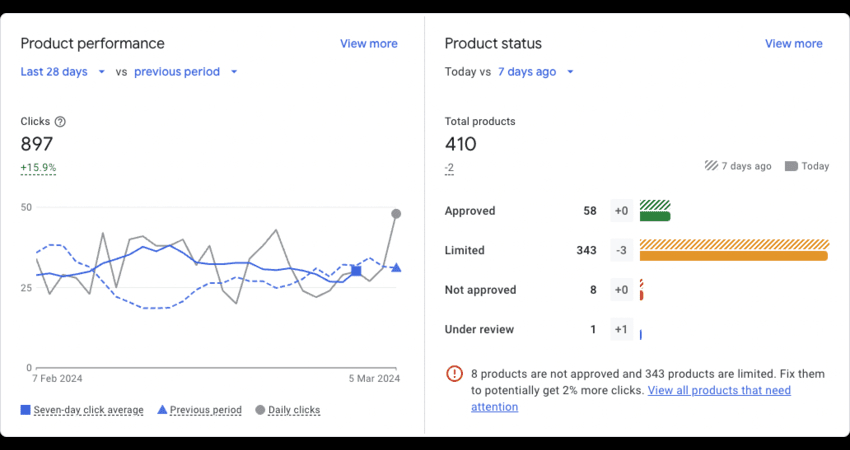
2. Optimise Product Feeds
To maximize visibility in the shopping graph, you are advised to use clear, keyword-rich descriptions and titles and add accurate condition labels, brands, and GTINs. You might also have to segment the products into the correct Google product categories. Regularly updating the feed to reflect pricing changes and stock is also necessary to optimize the product feeds.
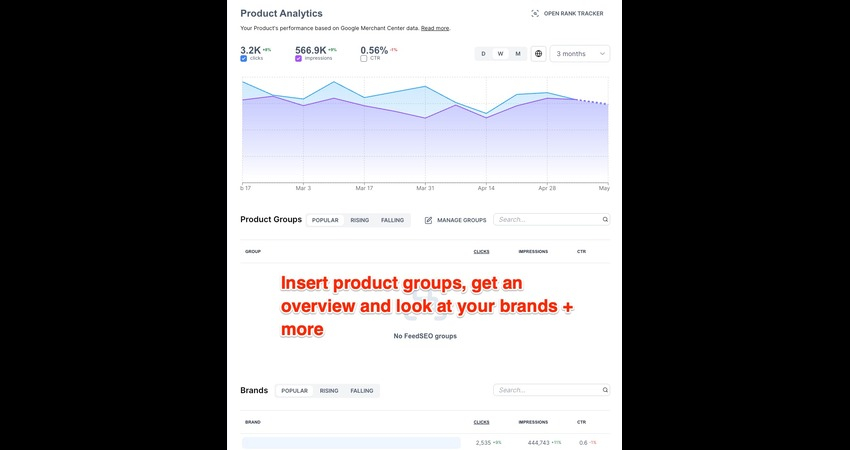
3. Ensure High-Quality Product Images
Images are a fascinating aspect of Google's user engagement and ranking, as you could follow Google's image best practices given below.
- Use the 1000x1000px resolution or higher
- Don't list superfluous things; just display the products.
- Don't use the borders or watermarks
- Use the white backgrounds for better results
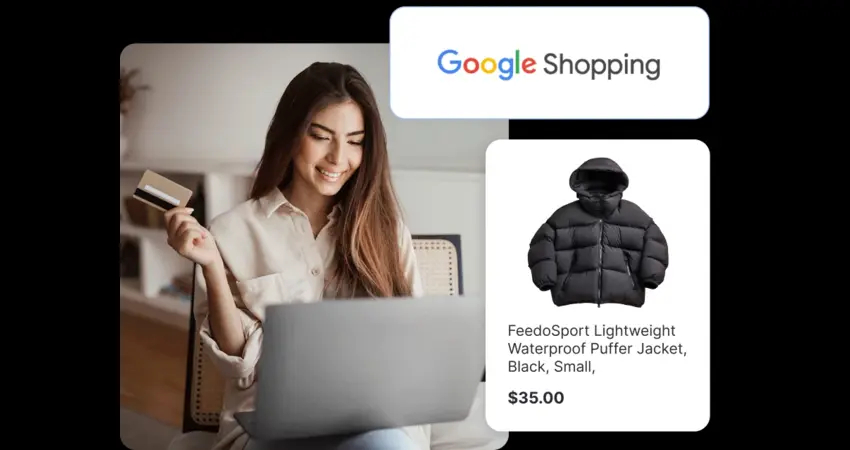
4. Optimise Structured Data
You are advised to embed the Schema.org structured data on every product page to help Google understand the details, including the aggregate rating, offer, product schemas, price, shipping, and availability details. Optimizing the structured data also allows Google to review the data and scores.
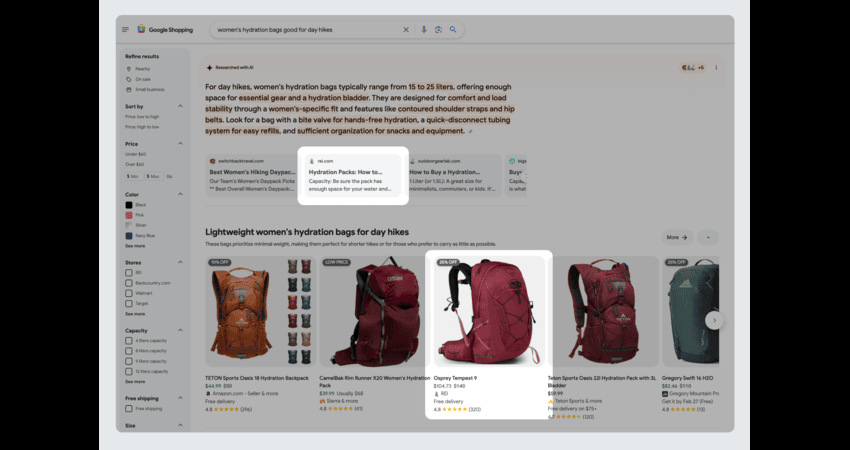
5. Track the Change of People's Shopping and Search Habits
You can also use tools like GA4, Google Search Console, and Google Trends to analyse how user behaviour changes. You could also adapt product listings and content accordingly to remain ahead of shifts in shopping intent, seasonal behavior, and demand.
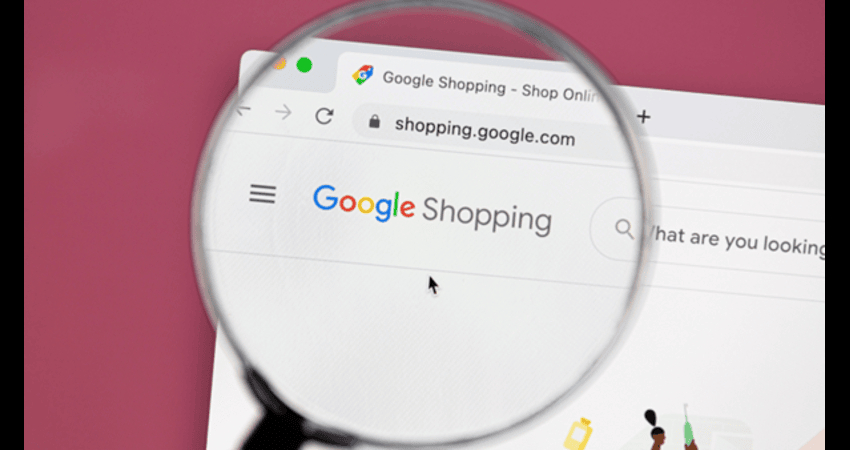
6. Follow Trends and Adjust
Trends come and go quickly in some industries, like apparel and fashion. Apart from launching new collections, your content must evolve with them. You could stay on top of trends by following social media accounts, industry blogs, and online communities. Discovering the new keyword, you're currently ranking for might also help you stay on top of trends.
Reviewing Google Trends for news relayed to the industry will also help you make your content top-notch. You might also pick out new keywords that you could use on the product pages while creating new categories under the update attributes and trending terms. Using the new Google shopping filters also hints at what's popular nowadays.
For instance, if you search for "women's brunch outfit," you can see popular patterns like silhouettes, including asymmetrical, flare, fit, wrap, plaid, striped, and leopard. If these things are relevant you could add them to the product attributes efficiently.
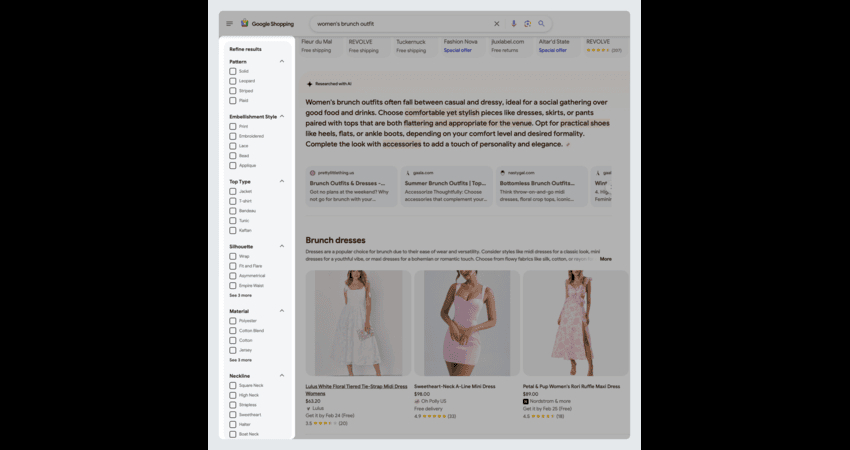
Part 4: Bonus tips: Best Photo Enhancer to Make High-Quality Product Images
HitPaw FotorPea is hands down the best photo enhancer that lets you quickly eliminate the shortcomings from the product images enhancing their reputation. Dependent upon the AI-powered technology and offering the 9 AI models, HitPaw FotorPea ensures that you don't have to put any manual efforts or waste any extra time enhahcing the credentials of the images quickly.
HitPaw FotorPea offers the opportunity to simultaneously improve the quality of several images by supporting batch enhancing.
Main Features of HitPaw FotorPea
- Enhance the product photos quickly
- Works on Mac and cheese
- Provides the effortless user interface
- No image quality loss found during image enhancing
- Enhance multiple pictures in one go
- No watermark in the enhanced images
How to enhance E-commerce photos through HitPaw FotorPea?
Step 1: Import PhotosVisit the official webpage of HitPaw FotorPea and install the image enhancer before starting the tool. Click on Enhance Photos Now and import the photos you want to improve the image quality of.

Step 2: Select Ai Model
You'll need to choose the most desired one from the 9 brilliant AI models you could see on the screen.
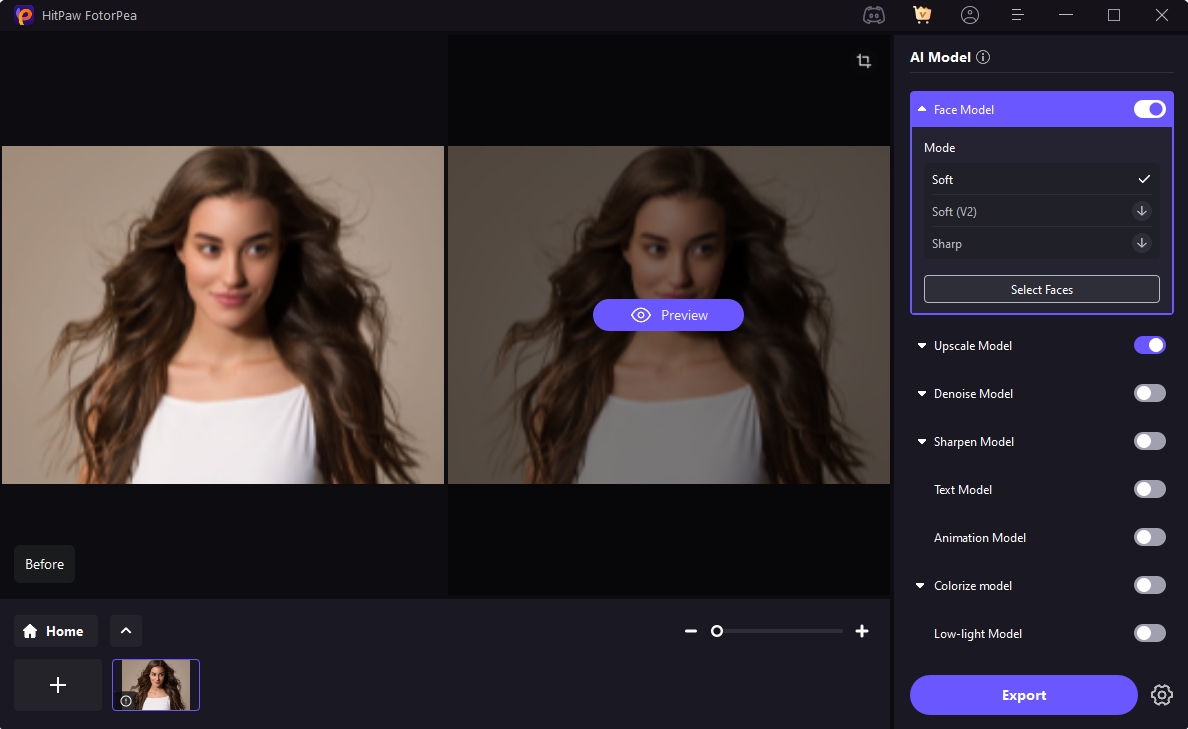
Step 3: Export the Photos
After choosing the AI model, you can enhance the image quality by selecting the Preview icon. If you're happy with the credentials of the product images, you can select the Export icon to download them.

Conclusion
Getting into Google's shopping graph in 2025 is not optional, as it is essential for sellers looking to be more competitive in the fast-evolving digital marketplace.
By optimising the data feeds, implementing the structured data and integrating the store with the Google Merchant Center next, you'll be able to learn how to get into Google shopping graph. HitPaw FotorPea is also mentioned in this post as a popular photo enhancer to improve the quality of the product images to make the photos look wonderful and stunning.







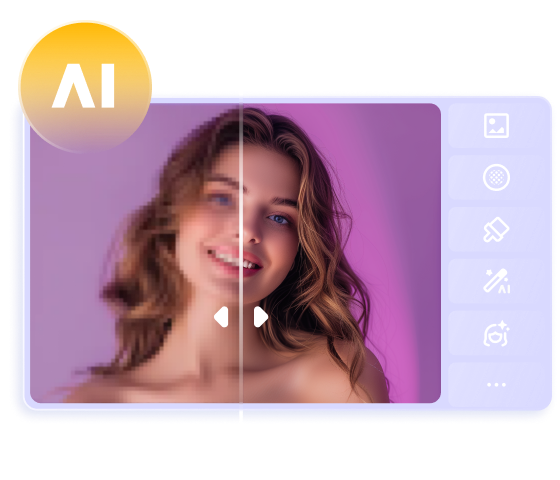
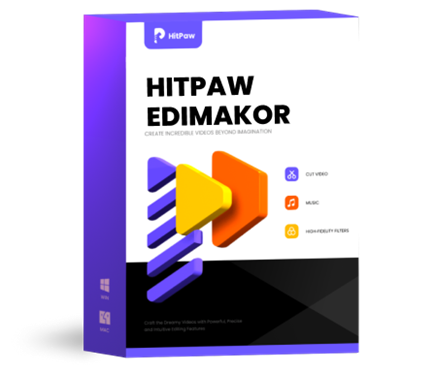 HitPaw Edimakor
HitPaw Edimakor HitPaw VikPea (Video Enhancer)
HitPaw VikPea (Video Enhancer) HitPaw Univd (Video Converter)
HitPaw Univd (Video Converter) 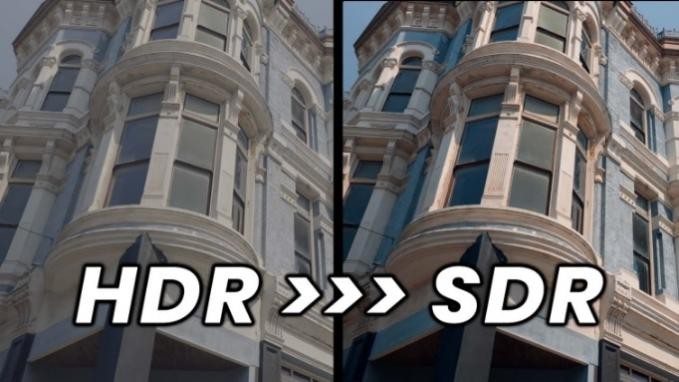



Share this article:
Select the product rating:
Daniel Walker
Editor-in-Chief
This post was written by Editor Daniel Walker whose passion lies in bridging the gap between cutting-edge technology and everyday creativity. The content he created inspires the audience to embrace digital tools confidently.
View all ArticlesLeave a Comment
Create your review for HitPaw articles